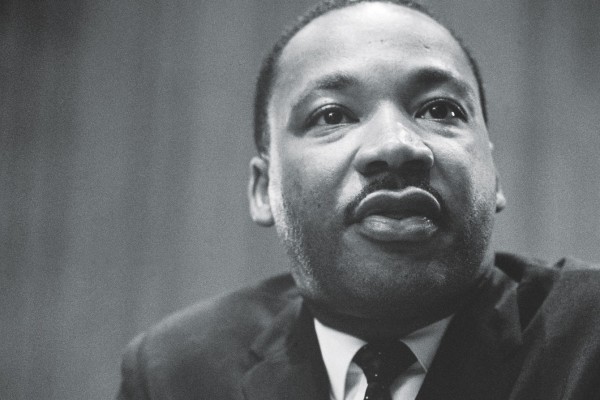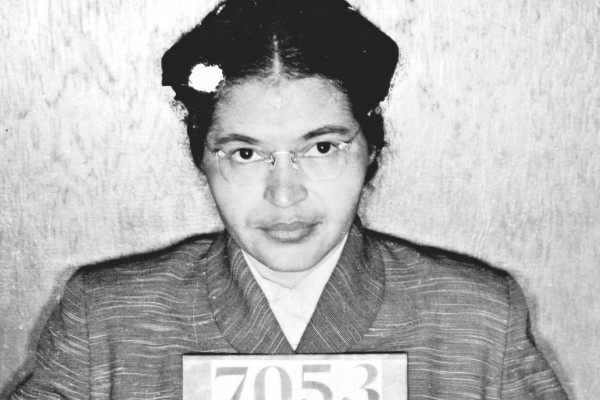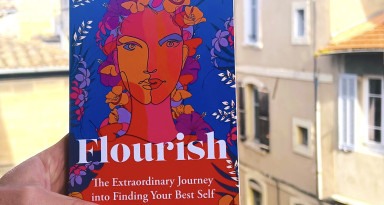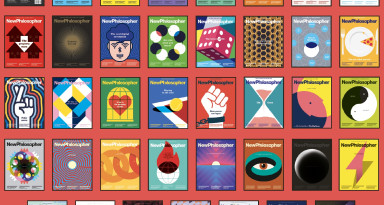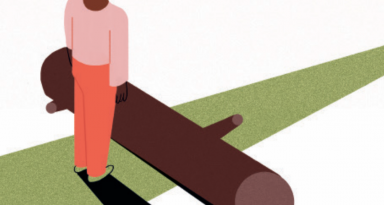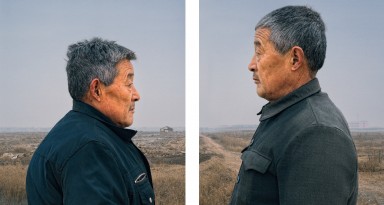“People always said that I didn’t give up my seat because I was tired, but that isn’t true. I was not tired physically, or no more tired than I usually was at the end of a working day. I was not old, although some people have an image of me as being old then. I was forty-two. No, the only tired I was, was tired of giving in.”
- Rosa Parks
There is a widespread myth that says that moral progress will eventually happen in due course. The thought is that no matter how bad things are now, if we only give it time, things will get better. One historical document that stands out as perpetuating this myth is an open letter to Dr Martin Luther King, Jr., penned by white Alabama clergymen in 1963. In the letter, the clergymen express that they “recognise the natural impatience of people who feel that their hopes are slow in being realised”. But the ministers were “convinced that these [civil rights] demonstrations are unwise and untimely”. On their view, time is an important factor; change will happen in due course – if only the oppressed do not allow their impatience to get in the way.
While the clergymen’s views may seem naïve or even outdated, the myth is still popular today – many think, for example, that once elderly xenophobes, racists, and sexists die out or certain politicians leave office, time will gift us with a new, transformed day. King was outraged by the letter and responded to it in one of the most powerful political writings in history – all written as he sat in a Birmingham gaol.
King accuses the clergymen of being those who “paternalistically feel that [they] can set the timetable for another man’s freedom”. But King also accuses them of living “by the myth of time”. Those who live according to this myth think that time magically brings about change. The view is that if people only wait, they will see progress. King had a different view. He believed that time needs assistance. Change was not guaranteed to happen today or tomorrow unless people fought for it. And people must fight for it because “justice delayed was justice denied”.
King’s view of time and struggle follows in the tradition of other activists, such as the abolitionist Frederick Douglass, who believed that “without struggle there is no progress”. According to this ‘struggle tradition’, time is not an all-powerful deity who saves the day. Rather, it is fighting for change that brings about the realisation of a new day. Fighting for change is the avenue that brings about progress.
But why is this the case? Well, King reminds us that “history is the long and tragic story of the fact that privileged groups seldom give up their privileges voluntarily”. Because privilege benefits those in power, one cannot expect the powerful just to give it up. If anyone wants change to happen, pressure is necessary. Putting pressure on the powerful is a struggle and a fight, but it is necessary for change.
As much as King makes his claim about history (e.g. The American Revolution and India’s Independence) – similarly our modern era is also the tragic story of the fact that the privileged will not give up power unless activists demand it of them. In the last 70 years, change for women, African-Americans, South Africans, and so many others has come about through activism.
While records show that women in India have been constantly vulnerable to and victims of sexual intimidation and violence, many believed that the Indian government had failed to protect them. In 2012, thousands of women in Delhi marched in the streets after the rape of a 23-year-old woman to demand that the government do more to protect them. Only after this protest, and solidaristic activism across the world, did the government establish a helpline; begin to make changes to the anti-rape law; and propose measures to make the city safer for women.
When segregation on public buses in Montgomery, Alabama was commonplace, women like Claudette Colvin and Rosa Parks declared that enough was enough. Parks’s refusal and arrest (inspired by Colvin’s) spawned the Montgomery Bus Boycott – an initiative that pressured the city financially so as to change segregation laws. Although Parks is the most well-known figure from the boycott, she did not fight alone.
More women than men participated in the boycott. These women refused to take the bus; drove other women to work; and organised their communities at local churches – all in an effort to put pressure on the local government to change the laws. This was not easy. Many risked their employment and physical safety to do so. But they all knew that desegregation was not going to happen tomorrow for them or their children just because the clock struck a certain number. It required struggle.
While it may seem like South African politicians during apartheid had a quick change of heart in the early 1990s, many point to decade-long protests and boycotts (locally and internationally) as having a profound effect on forcing the government to usher in a new South Africa. Although men like Nelson Mandela and Steve Biko are among the most recognised South African freedom fighters, racial and gender justice also occurred because of the struggle of women like Bertha Mkhize and Annie Silinga.
While it is easy to point to the struggle of activists as being of upmost importance here, struggle is often bi-directional. Giving up privilege, even if pressured, is never easy. The powerful must also fight – they must fight against their own self-interest, ego, fear, and need for control. And it is activists that aid them in this process.
Activists are not by definition bullies who demand that people give up their proverbial ‘lunch money’ in order to hand it over to marginalised groups. Rather, activists who fight for change provide the kind of pressure that diamonds need. Diamonds are created from coal through heat and pressure. Without both, we would never behold a diamond’s beauty. Likewise, activists apply heat and pressure to the powerful with the aim that it will create more beautiful conditions, as well as more beautiful people.
Today, we benefit from the struggle of those who came before us. South African children born after apartheid are able to have a better life because of what participants at the 1976 Soweto Uprising demanded and suffered. Workers enjoy the freedoms they have today (e.g. a minimum wage and condensed work week) because of the struggle of labour union activists who came before them. A rising number of members of the LGBTQ community can now live openly because of what activists fought and died for.
Our world is not perfect. Much more change is needed. Progress is not constant; it ebbs and flows and is always vulnerable to backlash. To get us closer to anything that resembles a peaceful and free world will continually require courageous people who are willing to struggle and to fight. The question we must ask ourselves is which course of action will we choose: will we vainly hope for time to do its work, will we thwart the efforts of activists, or will we take a stand and join those who are fighting for change?
